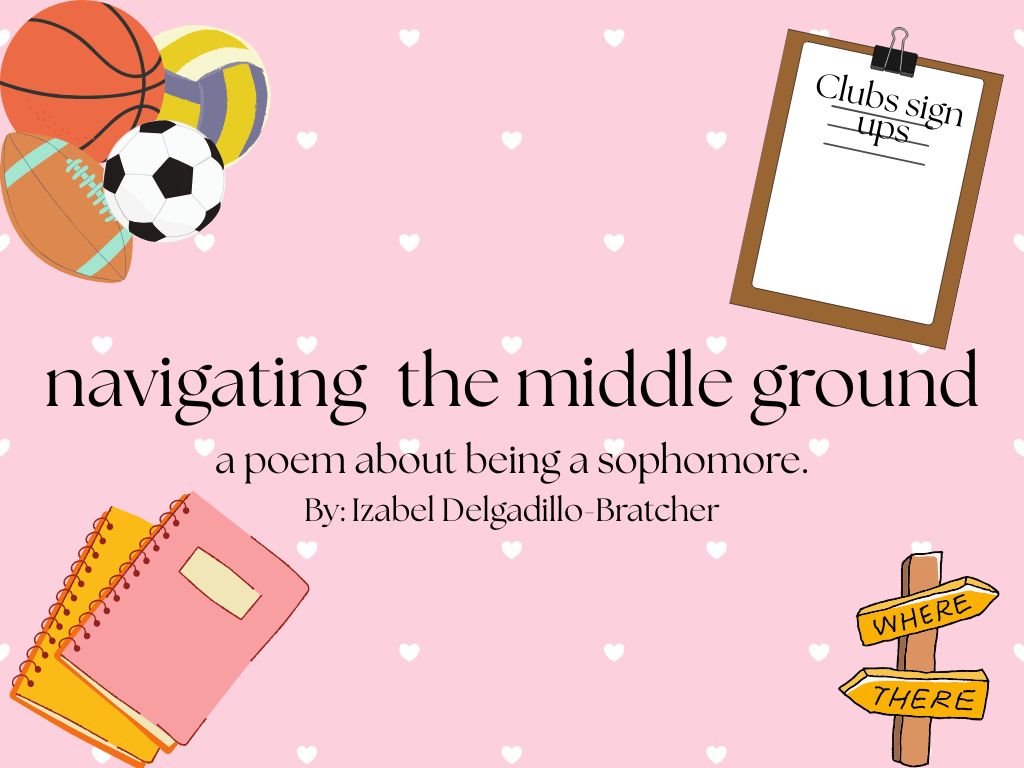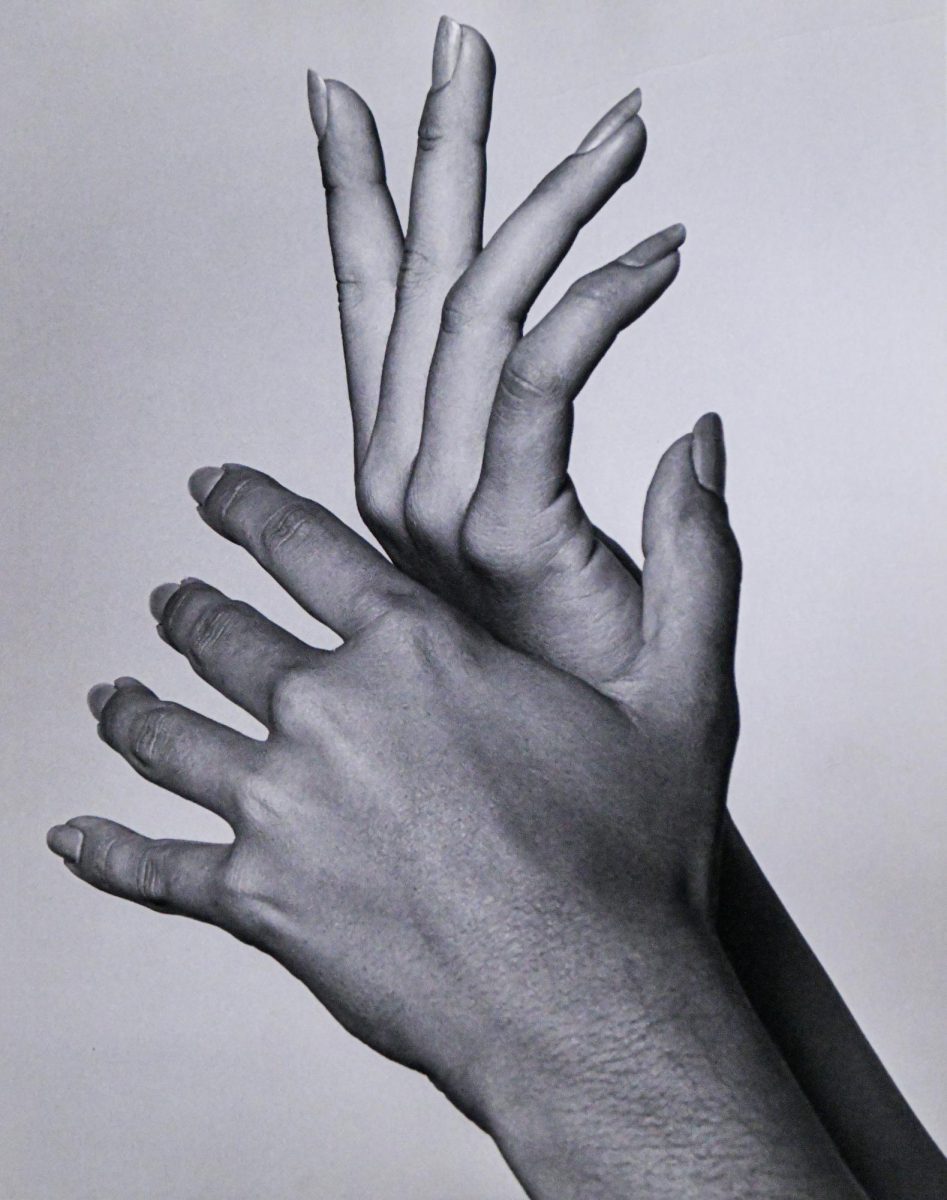Mamma Mia! is an energetic jukebox musical that has touched hearts all over the world since its opening in 1999. Told to the timeless score of ABBA, with book by Catherine Johnson, the production weaves iconic pop hits into a story full of heart, humor, and nostalgia. Sophie,a bride-to-be who resides on the sun-drenched Greek island where the action occurs, is a young woman embarked on a wedding odyssey. In The hopes of discovering the identity of her biological father, she invites three men from her mother’s history—Sam, Harry, and Bill—to the wedding, not telling her mother, Donna. What follows is a deluge of feelings, miscommunications, and reconciliations as the past and present meet in a vibrant celebration of family, love, and identity.
At the emotional core of the play is the bond between Sophie and Donna. Idealistic and inquiring Sophie longs to fill the void left by the father she has never seen. Independent Donna, world-worn and practical, has made a life, a business, and a family on the island and raised Sophie herself. The unexpected appearance of the three men—none of whom is aware of potential fatherhood—brings Donna to confront memories and heartache that she thought were far behind her. Donna’s old friends and former group members, Tanya and Rosie, arrive to stand by her side, lending comedic relief and genuine sisterhood to the tale. Their arrival brings moments of reflection and revitalization, as the three reflect on their younger days as “Donna and the Dynamos.” Sky, Sophie’s fiance, is a thoughtful and trustworthy companion, though he begins to question Sophie’s motives as the wedding date draws near.
The brilliance of Mamma Mia! It’s in how ABBA songs so perfectly integrate into the story. Rather than being forced into position, every song serves a purpose either narrative or emotional and serves to further develop the characters and advance the story. Early in the show, “Honey, Honey” shows Sophie’s excitement and sets up the premise as she talks over her plan with her friends. Donna’s exhaustion and financial miseries are encapsulated in “Money, Money, Money,” and then “Thank You for the Music” is Sophie’s awestruck discovery of what these men can be to her. When Donna sees her ex-lovers first, “Mamma Mia” is the perfect depiction of shock and residual emotions.
The music pulses with life in such numbers as “Dancing Queen” and “Super Trouper,” where Donna, Tanya, and Rosie recall their friendship and rediscover their youth. “Lay All Your Love on Me”provides a flirtatious moment between Sophie and Sky, while “Gimme! Gimme! Gimme!” and “Voulez-Vous” provide the tension of Sophie’s hen party. A dream sequence in “Under Attack” is otherworldly and captures Sophie’s inner turmoil as the tension builds.
Act II delves deeper into the emotional lives of the characters. Donna’s vulnerability is portrayed in “One of Us,” and her confrontation with Sam is dramatized in the aggressive duet “SOS.” Tanya’s independent flirtatiousness is brought out in “Does Your Mother Know,” and “Knowing Me, Knowing You” gives Sam a moment of reflective regret. Whereas Donna and Harry nostalgically recall things in “Our Last Summer,” the audience is treated to the sweetness of their past and richness of relationship. Mother-daughter relationship in “Slipping Through My Fingers” is a heartbreaking climax, that sweet moment when Donna helps Sophie put on the wedding dress.
The emotional peak of the musical is in “The Winner Takes It All” when Donna laments, singing solo against Sam. It’s an unadulterated, emotional dumping of pain and passion, and potentially the strongest song on the show. Rosie’s “Take a Chance on Me” brings lightness and love, and the story ties up not in Sophie’s wedding, but in Donna and Sam’s, manipulating the script in a way that’s surprising, yet gratifying. Sophie comes to understand she’s not prepared to marry, and sets off instead with Sky and making her own way—an ending that reinforces the themes of growth and self-discovery. “I Do, I Do, I Do, I Do, I Do” and “I Have a Dream” bring closure, before the play ends with a sultry encore of “Mamma Mia,””Dancing Queen,” and “Waterloo,”inviting the audience to join the party.
In the end, Mamma Mia is greater than a concert of catchy hits—though it does deliver those in spades. It’s a drama concerning the complexity of love, the mess of being a parent, and the importance of forgiveness and human connection. Its characters are full and flawed, its humor finely tuned with heart, and its songs naturally woven into the emotional fabric of the story. Whether you come for the glamour and the nightlife or for the common emotional experiences, Mamma Mia is a warm winner that continues to be ringing out with its audience of all ages.






